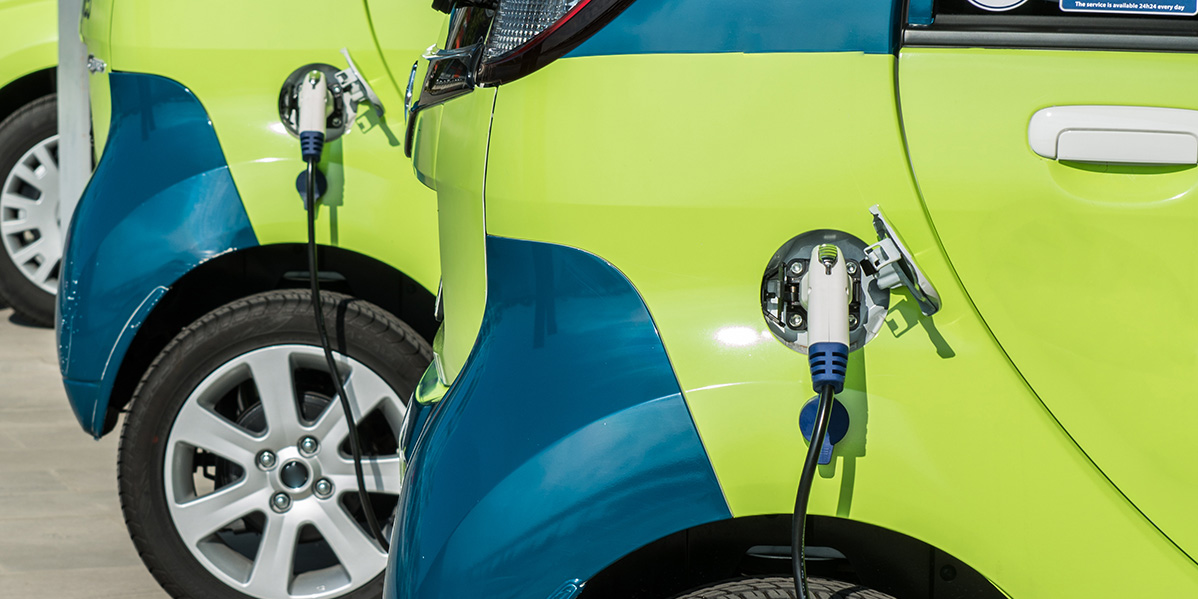Electric cars, also known as electric vehicles (EVs), are automobiles that are powered by one or more electric motors instead of traditional internal combustion engines (ICEs) that run on gasoline or diesel. These vehicles use electricity stored in high-capacity batteries or other energy storage systems to power the electric motors and propel the car.
Here are some key points about electric cars:
- Zero-emission vehicles: Electric cars produce zero tailpipe emissions, which means they don't release pollutants or greenhouse gases during operation. However, the overall environmental impact depends on how the electricity used to charge the vehicles is generated.
- Battery technology: Electric cars rely on rechargeable lithium-ion batteries or other advanced battery technologies to store energy. These batteries have improved significantly in recent years, allowing electric cars to have longer ranges and faster charging times.
- Range and charging infrastructure: The range of electric cars varies depending on the model and battery capacity. Modern electric vehicles can typically travel between 150 to over 400 miles (240 to 640 kilometers) on a single charge. Charging infrastructure, including public charging stations and home charging units, has been expanding to accommodate the growing demand for electric vehicles.
- Performance: Electric cars can deliver impressive acceleration and torque from the electric motors, providing instant power and a smooth driving experience. Some electric cars have achieved top speeds comparable to high-performance gasoline-powered vehicles.
- Energy efficiency: Electric cars are generally more energy-efficient than gasoline-powered cars. They can convert more of the energy from the battery to power the wheels, whereas traditional combustion engines waste a significant amount of energy as heat.
- Cost and incentives: Electric cars typically have a higher upfront cost than their gasoline counterparts due to the cost of battery technology. However, operating costs are generally lower because electricity is cheaper than gasoline or diesel. Many countries and regions provide incentives such as tax credits, grants, and subsidies to promote the adoption of electric vehicles.
- Challenges and developments: Some challenges for electric cars include limited charging infrastructure in certain areas, longer refueling times compared to traditional vehicles, and the environmental impact of battery production and disposal. However, advancements in battery technology, increased range, faster charging, and improved infrastructure are constantly being developed to address these challenges.
Electric cars have gained significant popularity in recent years due to their environmental benefits and advancements in technology. Many major automakers are investing heavily in electric vehicle development, and governments around the world are implementing policies to encourage the adoption of electric vehicles as part of efforts to reduce carbon emissions and combat climate change.


































